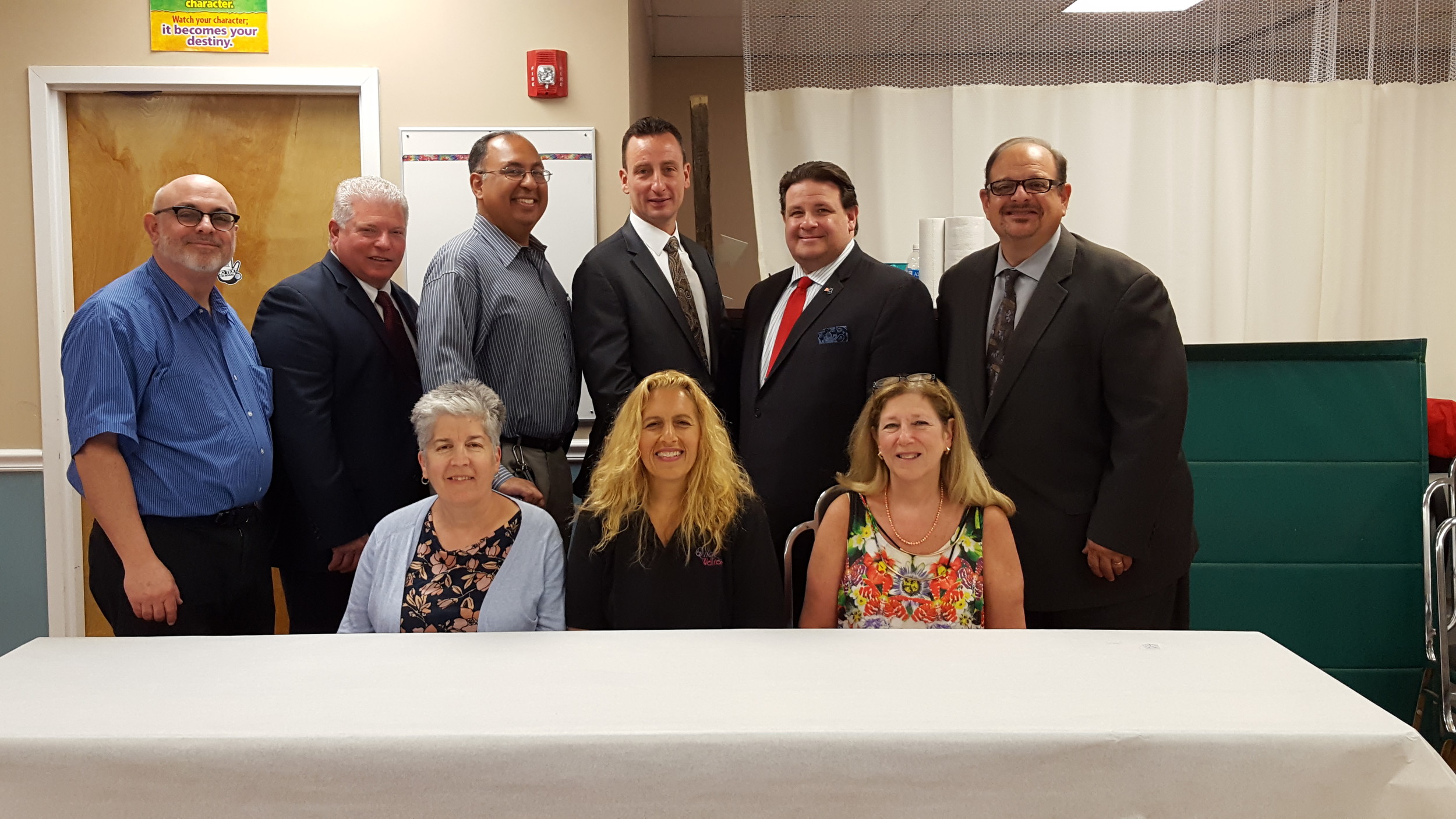Avodah networking helps prepare for senior years
On June 26th, the Temple Avodah Networking Group and Temple Avodah presented a community seminar on “Preparing for the Senior Years”. A panel of experts addressed matters of vital importance to those who are retired, thinking about retirement or who are or may be caring for aged parents or relatives in the future.
Presenter Paul Engel is a social worker and director of the Queens Counseling Services in Flushing, New York. He said the panel touched on a number of areas including healthy living, retirement plans and long-term care, Medicare options, estate planning and advanced directives, funeral pre-planning, and community resources.
“Diet and exercise can stem aging,” Engel said. “That is one thing I think people didn’t realize fully.
“People are not knowledgeable about wills and trusts and some of the intricacies involving that, when people are protected and when people are not necessarily protected.”
After the presentation the panel asked if there were other areas not touched on that the audience felt should be included. Engel said one request was for more on preparing mentally and psychologically for aging.
“I touched on it but did not go in depth,” Engel said. “When we do this again I will address that need. What it means to age, how to better cope with aspects of it, the overwhelming changes. There are things you can do in terms of living healthier and keeping as much resiliency as you can. Doing cardio, better diet, etc., I would also say keep active, keep being involved. Connected to people. There can be a tendency to isolate.”
Jordan Kaplan, a financial services representative for Forest Hills Financial group gave a short seminar on pre-retirement or just entering retirement, and long term care.
Kaplan said, “The most misunderstood part of retirement is the cost of health care for an elderly or disabled person young or old, someone that cannot care for themselves easily cannot do the activities of daily life, feeding yourself, bathing yourself, transferring from a bed to a chair. People have no idea what it costs. They don’t know about the emotional and physical tolls that it takes on family members. People think there is Medicare, Medicaid.”
Looking toward the future Kaplan said “The 60 something year olds we are talking to now, what will the cost be then and how long will they need it for? People are living longer, even if they cannot function, they are still living longer, they can be getting assisted living or home health care or nursing home, and they are there for years. Long ago people stayed in nursing homes for two years now it’s five or more.”
The few remaining companies in New York State which still offer stand alone long term care insurance policies are periodically raising their premiums across the board, thereby making long term care insurance unaffordable to most, Kaplan noted, The number of people who need the benefits for a longer time period is draining the companies’ resources to a greater amount than they predicted.






